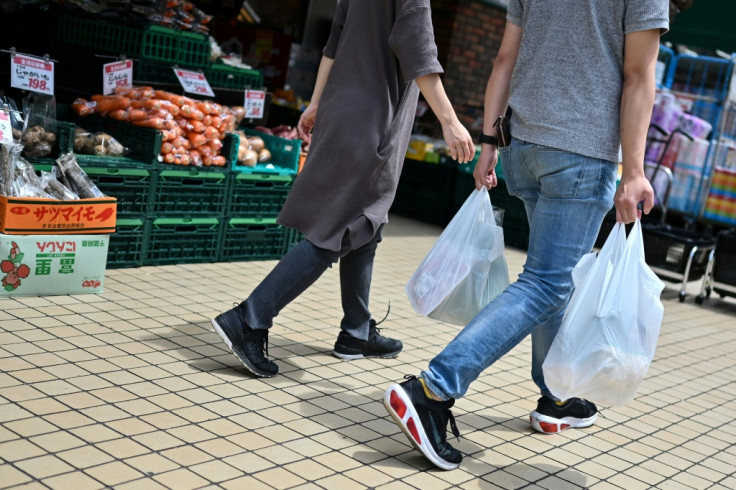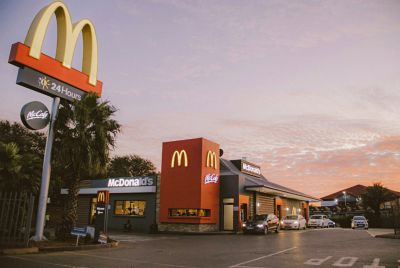More than half of frequent convenience store shoppers are frustrated by growing food costs
A survey revealed a prevailing sentiment among respondents that convenience stores tend to overcharge customers due to their higher prices.

According to research from consumer advocacy group Which?, more than half of frequent convenience store customers experience financial difficulties, outpacing the rate for the overall population. The results of their thorough study, which included more than 2,000 respondents, provided insight into the difficulties faced by customers who rely on convenience stores for their everyday necessities.
Surprisingly, three-quarters of respondents thought that food costs in convenience stores were excessively expensive when compared to those in bigger supermarkets. Additionally, nearly half of customers reported difficulties in finding affordable food options in these stores.
The survey revealed a prevailing sentiment among respondents that convenience stores tend to overcharge customers due to their higher prices and lack of low-cost product offerings. Approximately two-thirds of participants expressed dissatisfaction with the pricing strategies employed by these stores, highlighting the need for change.
Which?'s monthly Consumer Insight Tracker, a monthly online poll conducted by Yonder on behalf of the organisation, revealed that trust in supermarkets has plummeted to its lowest point in nine years. The confidence score currently stands at a mere +36, signifying a significant decline in consumer trust.
The survey data further emphasised the importance of convenience stores for individuals facing financial difficulties. Compared to 35 per cent of the general population, it showed that 51 per cent of customers at convenience stores were having financial difficulties. These small companies are essential in helping clients get access to inexpensive, wholesome meals while the housing crisis continues to have an impact on communities.
More than half (57%) of respondents pointed out that convenience stores should carry a wider range of price points, indicating a demand for more economical products, according to the report. This sentiment aligns with the concerns voiced by nine out of ten individuals participating in Which?'s Consumer Insight Tracker, where food prices emerged as a top concern, closely trailing energy prices (89 per cent).
The survey data unveiled various coping mechanisms employed by consumers in response to escalating food prices. Among the strategies reported, 57 per cent of people opted for cheaper alternatives, while 40 per cent actively searched for better deals. Additionally, 39 per cent purchased cheaper products when on sale, 11 per cent resorted to skipping meals, 7 per cent prioritised meals for other family members over themselves, and 4 per cent sought assistance from food banks.
Rocio Concha, the Director of Policy and Advocacy at Which? highlighted consumers' feeling of being taken advantage of by high convenience store prices, which has eroded trust in the grocery industry to a nine-year low. Concha stressed that individuals should not have to pay more than necessary for essentials, especially if they face challenges reaching larger supermarkets.
The Director of Policy and Advocacy emphasised that while the entire food supply chain influences costs, supermarkets have a unique ability to support those in need. Encouraging supermarkets to ensure easy access to affordable budget options, even in smaller stores, would alleviate the burden on customers who rely on convenience stores for their grocery needs.
Which? argued that rising grocery prices were creating difficulties for households across the nation, particularly for those facing transportation issues, physical limitations, financial constraints, or time constraints. In response to these challenges, Which? is urging supermarkets to increase the availability of budget-friendly options in their convenience stores, aiming to prevent individuals, especially those with limited means, from paying more than necessary for basic necessities.
Although several retailers have backed Which?'s campaign, the severity of the issue warrants a more serious reaction. In order to satisfy the urgent demands of customers who are battling with rising food prices, the current efforts are regarded as insufficient, placing them in a precarious position.
© Copyright IBTimes 2025. All rights reserved.






















